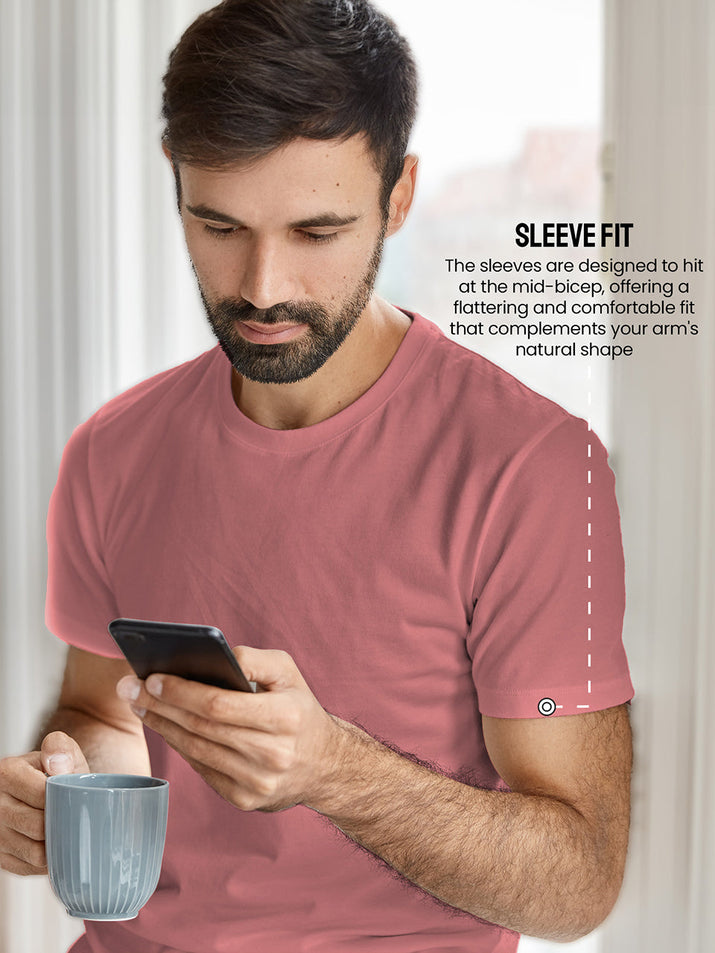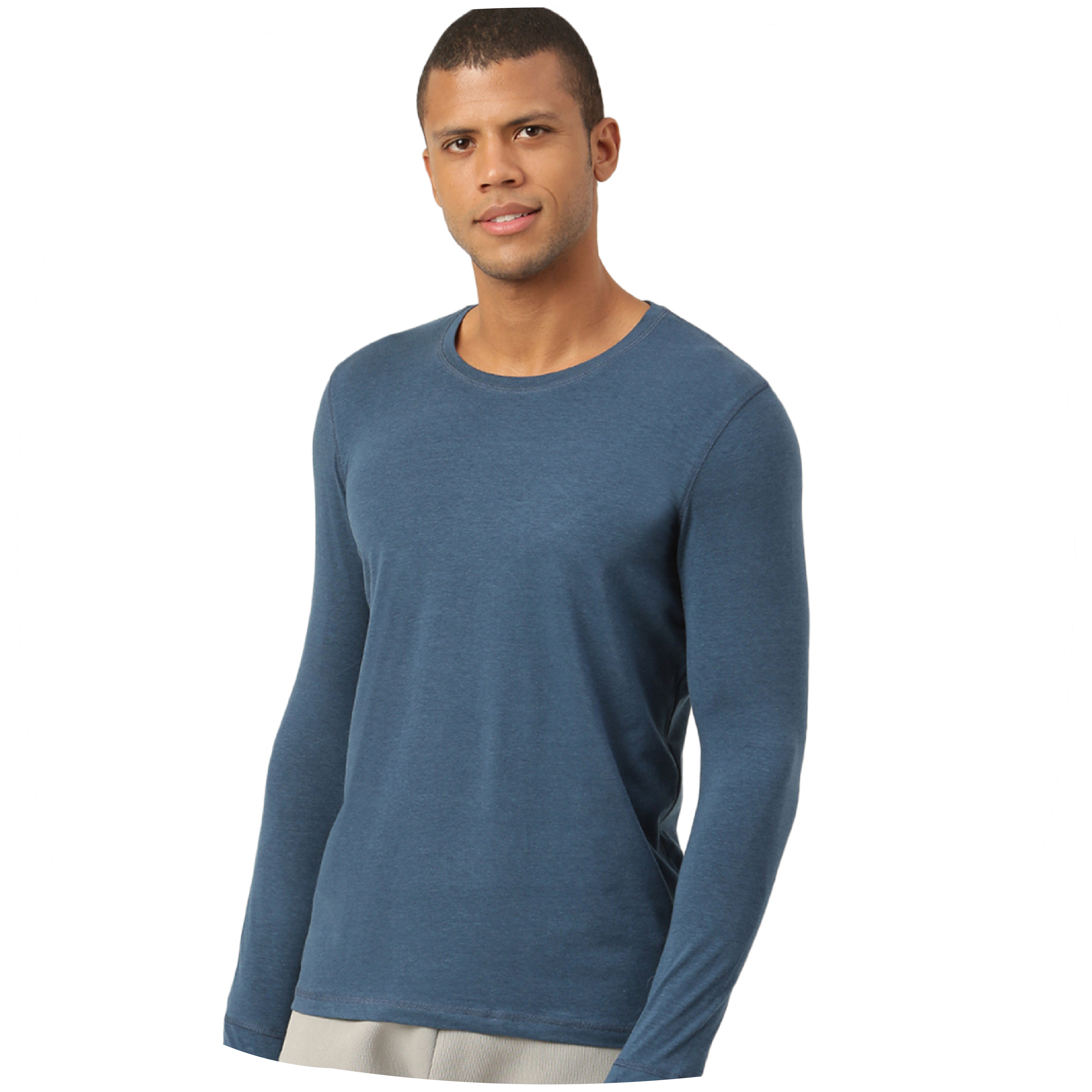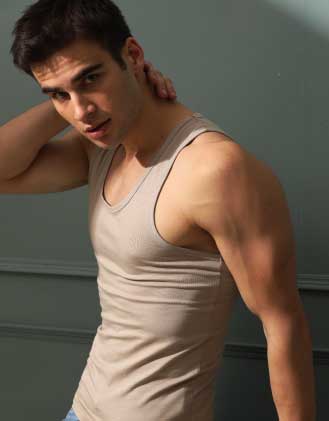Imagine a world where comfort meets limitless self-expression, all wrapped in a single garment. The humble T-shirt, once purely functional, is now a canvas for personal branding and a cornerstone of sustainable fashion movements. Fueled by the demand for eco-friendly materials and customizable designs, the T-shirt industry is experiencing a renaissance. We'll explore the evolution from basic cotton tees to high-performance blends and delve into the art of selecting the perfect fabric for any occasion. Discover how advancements in printing technology and ethical sourcing are reshaping this iconic wardrobe staple, empowering you to make informed choices about quality, style. Impact.

The Science of Softness: Understanding T-Shirt Fabrics
The comfort of a t-shirt hinges significantly on the fabric used. The feel against your skin, the breathability. Even the way it drapes are all determined by the fiber content and the weave. Let's dive into some common t-shirt fabrics and what makes them unique:
- Cotton: The undisputed king of t-shirt fabrics. Known for its softness, breathability. Affordability. Different types of cotton, like Pima or Egyptian cotton, offer superior softness and durability due to their longer fibers.
- Polyester: A synthetic fiber prized for its durability, wrinkle resistance. Moisture-wicking properties. Often blended with cotton to enhance these qualities in a t-shirt.
- Blends (Cotton-Poly, Tri-Blends): Combining the best of both worlds! Cotton-poly blends offer a balance of softness and durability. Tri-blends, typically a mix of cotton, polyester. Rayon (or viscose), create an exceptionally soft and drapey fabric with a slightly heathered look.
- Rayon/Viscose: A semi-synthetic fiber made from wood pulp. Rayon is incredibly soft and drapes beautifully, giving t-shirts a luxurious feel. It's also very breathable, making it a good choice for warm weather.
- Linen: A natural fiber known for its breathability and slightly textured feel. Linen t-shirts are great for hot weather but tend to wrinkle easily.
Beyond the fiber itself, the way the fabric is knitted also impacts softness. Ring-spun cotton, for example, undergoes a spinning process that aligns the cotton fibers, resulting in a smoother and softer yarn. Jersey knit is a common type of knit used in t-shirts, creating a stretchy and comfortable fabric. The weight of the fabric, measured in GSM (grams per square meter), also influences the feel; lighter GSM fabrics are generally more breathable and better suited for warmer weather, while heavier GSM fabrics offer more structure and durability.
Decoding T-Shirt Styles: A World Beyond the Basic Tee
The term "t-shirt" encompasses a vast array of styles, each suited for different occasions and personal preferences. Understanding the nuances of these styles allows you to curate a t-shirt collection that caters to every aspect of your life.
- Crew Neck: The classic, round neckline. A versatile option that works well for casual wear and layering.
- V-Neck: A neckline that forms a "V" shape. Offers a more elongated and flattering silhouette, often preferred for a slightly dressier look.
- Scoop Neck: A rounded neckline that sits lower than a crew neck, exposing more of the collarbone. Can be a more feminine and stylish option.
- Henley: A collarless t-shirt with a buttoned placket, adding a touch of ruggedness and detail.
- Long Sleeve Tee: Provides extra coverage for cooler weather or a more relaxed and casual vibe.
- Pocket Tee: A t-shirt with a small pocket on the chest, adding a subtle design element.
- Muscle Tee: A sleeveless t-shirt with wider armholes, often worn for athletic activities or a casual, edgy look.
- Oversized Tee: A t-shirt with a loose and relaxed fit, perfect for a comfortable and trendy style.
Beyond the neckline and sleeve length, consider the fit of the t-shirt. A slim fit offers a more tailored and modern look, while a regular fit provides a comfortable and classic silhouette. An athletic fit is designed to hug the body in the right places, ideal for those with a more muscular build.
Styling a T-Shirt: From Casual to Chic
The true beauty of a t-shirt lies in its versatility. With a few clever styling tricks, you can transform a simple tee into a fashion statement that suits any occasion.
- Casual Cool: Pair a classic crew neck t-shirt with jeans or chinos and sneakers for a timeless and effortless look.
- Elevated Casual: Dress up a t-shirt by layering it under a blazer or cardigan. Add tailored trousers or a skirt and loafers or ankle boots for a more polished ensemble.
- Athleisure: Combine a t-shirt with leggings or joggers and sneakers for a comfortable and sporty outfit.
- Bohemian Vibes: Style a flowy t-shirt with a maxi skirt, sandals. Layered jewelry for a relaxed and free-spirited look.
- Edgy Style: Pair a black t-shirt with ripped jeans, a leather jacket. Boots for a rebellious and cool aesthetic.
Don't underestimate the power of accessories! A statement necklace, a scarf, or a belt can instantly elevate your t-shirt outfit. Experiment with different colors, patterns. Textures to create unique and personalized looks.
Care and Maintenance: Keeping Your T-Shirts Looking Their Best
Proper care is essential to prolong the life and maintain the softness of your t-shirts. Here are some tips to keep your tees looking their best:
- Read the Label: Always check the care label for specific washing instructions.
- Wash Inside Out: This helps to prevent fading and protect prints.
- Wash in Cold Water: Cold water is gentler on fabrics and helps to prevent shrinkage.
- Use a Gentle Detergent: Harsh detergents can damage fibers and cause fading.
- Avoid Over-Drying: Over-drying can shrink and damage t-shirts. Tumble dry on low heat or hang to dry.
- Iron on Low Heat: If necessary, iron t-shirts inside out on a low heat setting.
- Store Properly: Fold or hang t-shirts to prevent wrinkles.
For delicate fabrics like rayon or linen, consider hand-washing or using a delicate cycle in your washing machine. Avoid using bleach on colored t-shirts, as it can cause discoloration. With proper care, your favorite t-shirts will remain soft, comfortable. Stylish for years to come.
The Ethical Considerations of T-Shirt Production
The fashion industry, including t-shirt production, has significant environmental and social impacts. As consumers, we have the power to make more conscious choices that support ethical and sustainable practices.
- Sustainable Fabrics: Opt for t-shirts made from organic cotton, recycled polyester, or other sustainable materials. Organic cotton is grown without the use of harmful pesticides and fertilizers, while recycled polyester reduces waste and conserves resources.
- Fair Labor Practices: Look for brands that prioritize fair wages and safe working conditions for their garment workers. Certifications like Fair Trade can help you identify companies that adhere to ethical labor standards.
- Reduced Water Consumption: The production of cotton requires significant amounts of water. Choose brands that use water-saving technologies or source cotton from regions with responsible water management practices.
- Transparent Supply Chains: Support brands that are transparent about their supply chains, allowing you to trace the journey of your t-shirt from raw materials to finished product.
- Reduce, Reuse, Recycle: Extend the life of your t-shirts by caring for them properly and repairing them when needed. Donate or recycle unwanted t-shirts instead of throwing them away.
By making informed choices and supporting ethical brands, we can help create a more sustainable and responsible fashion industry. Every purchase is a vote for the kind of world we want to live in.
Conclusion
Let's face it, the humble t-shirt is more than just fabric; it's a canvas for self-expression. We've explored the comfort of soft fabrics and the endless possibilities of versatile styling. Now, it's time to unleash your inner stylist. Don't be afraid to experiment with layering, accessorizing. Even DIY alterations to truly make your t-shirt your own. I remember once transforming a plain tee into a statement piece with some fabric paint and stencils – the compliments haven't stopped! The key to t-shirt success lies in understanding your personal style and leveraging the tee's adaptability. Think beyond basic jeans; pair it with a blazer for a smart-casual look, or tuck it into a flowing skirt for a touch of bohemian chic. Explore different necklines and fits to find what flatters you best. And remember, the most crucial thing is to feel confident and comfortable in what you're wearing. So go ahead, embrace the t-shirt revolution and create a wardrobe that reflects your unique personality. The possibilities are endless! If you're looking for a place to start, check out Freecultr for some inspiration.
FAQs
So, what's the big deal with 'soft fabric' T-shirts anyway? Why should I care?
Okay, imagine wearing sandpaper all day. Not fun, right? Soft fabric tees are all about comfort. We're talking materials like combed cotton, modal, or blends that feel amazing against your skin. Less itching, more breathing. Overall a much happier you!
Versatile style, huh? Can a T-shirt really be that versatile?
Absolutely! Think of a T-shirt as a blank canvas. You can dress it up with a blazer and nice jeans for a casual night out, or keep it simple with shorts for a weekend at the beach. It's all about how you style it. Plus, they work under sweaters, jackets... You name it!
What kind of 'soft fabrics' are we talking about. Which ones are the best?
Good question! You'll often see combed cotton (super smooth), ring-spun cotton (even smoother!) , modal (silky and drapey). Various blends like cotton-poly (durable and less wrinkly). 'Best' is subjective. Many find modal incredibly soft, while ring-spun cotton offers a great balance of comfort and affordability.
Will these soft tees shrink in the wash? That's always my biggest fear!
Shrinkage is a real concern! Look for pre-shrunk fabrics to minimize this. Washing in cold water and tumble drying on low (or even hang drying) will also help preserve the size and shape of your favorite soft tee.
Okay, I'm sold on the softness. But how do I keep these shirts looking good for a long time?
Treat them gently! Wash inside out to protect the color and any prints. Avoid harsh detergents and bleach. As mentioned, low heat drying is your friend. And resist the urge to iron unless absolutely necessary – steaming can often do the trick!
Are soft fabric T-shirts more expensive?
Generally, yes, a truly soft T-shirt will likely cost a bit more than a basic, rough tee. But, the increased comfort and often better durability make it a worthwhile investment in my opinion. Think cost-per-wear!
What about different styles of soft fabric tees? I don't just want a plain crew neck.
You've got options! V-necks, scoop necks, long-sleeved tees, even fitted vs. Relaxed styles. The key is to find the soft fabric you love and then explore the different silhouettes that suit your body type and personal taste.





